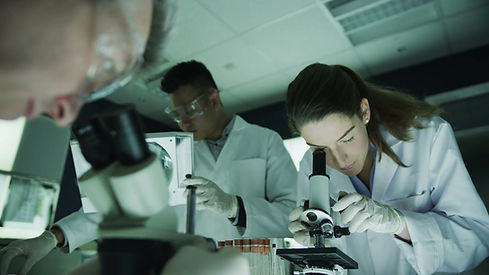Workforce Upskilling in Generative AI Tools
- GM

- Jun 18, 2025
- 2 min read

As generative AI (GenAI) transforms industries, the pharmaceutical sector is embracing its potential to revolutionize drug discovery, regulatory documentation, and commercial operations. However, unlocking the full value of these tools requires more than investment in technology it demands widespread workforce upskilling to build internal capabilities and foster a culture of innovation.
Pharmaceutical leaders such as Johnson & Johnson, Merck, and Eli Lilly have already launched structured training programs aimed at equipping employees with the knowledge and confidence to leverage GenAI in their daily work. These initiatives reflect a strategic pivot from siloed digital teams toward a democratized model, where staff across functions from R&D and regulatory affairs to marketing and supply chain can use AI-enhanced tools effectively.
Upskilling begins with awareness. Many programs start with foundational training that demystifies AI concepts, explains the ethical and compliance considerations, and showcases use cases relevant to each business function. The goal is to shift employee mindsets from passive users to proactive innovators, encouraging them to identify tasks that can be augmented or streamlined by GenAI.
Beyond the basics, hands-on experience is crucial. Companies are introducing “AI labs,” sandbox environments, and prompt engineering workshops where teams can experiment with tools like ChatGPT, Claude, or industry-specific LLMs tailored for scientific writing or clinical trial data interpretation. This practical exposure helps bridge the gap between theoretical understanding and real-world application.
Crucially, upskilling is not just about technical literacy it also involves redefining workflows. For example, regulatory writers can now draft initial versions of clinical summaries using GenAI, which are then reviewed and refined for compliance. Marketers use GenAI to rapidly generate content drafts aligned with brand guidelines, while R&D teams employ AI for literature review, target identification, or trial simulation.
Organizations are also investing in governance frameworks to ensure responsible use. This includes training on prompt accuracy, data privacy, and validation protocols to prevent misuse or overreliance on AI-generated content.
Ultimately, workforce upskilling in GenAI is not a one-off event but an ongoing journey. As the technology evolves, so too must employee capabilities. Companies that succeed will be those that embed continuous learning, foster interdisciplinary collaboration, and empower employees to co-create the future of pharma alongside machines. In doing so, they will not only drive AI adoption but also unlock new levels of productivity, insight, and innovation.





Comments